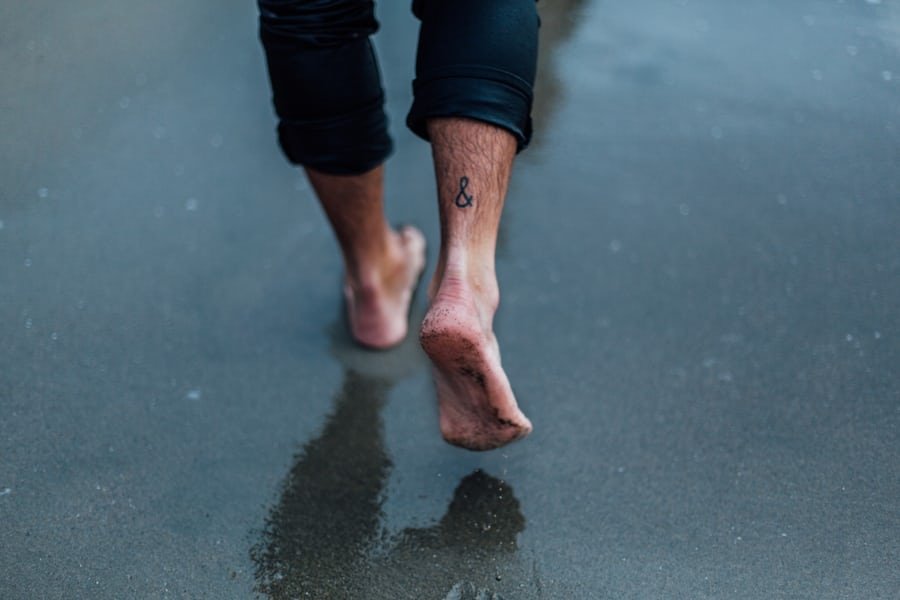Top 10 Drug Relapse Prevention Tips: By Rehab And Recovery Experts
Introduction
The most dangerous phase of recovery is the relapse phase. In most cases, people who are struggling with substance abuse either relapse during the treatment or after the completion of the treatment.
It does not matter how well you have behaved and controlled your cravings; relapses might hit you anytime. So, it is best to take an expert’s advice in this case. Just the way detoxification is necessary, for the complete recovery, handling the relapse phase is also crucial.
In case you also do not know about detoxification, you can read more about it here. For a detailed guide on how to control or handle relapse, situations continue reading this article.
Top 10 Drug Relapse Prevention Tips
Only going through rehabilitation treatment is not enough when you are struggling with substance abuse; it does not matter whether you have developed a dependency on alcohol or drugs; the recovery process never gets over.
After the completion of the treatment, you have to build yourself in a way so that you can avoid or handle relapse. Here are some tips for you.
1. Mindfulness Meditation
Most of us do not know much about mindful meditation. It is a concept that teaches individuals to become more self-aware. Whenever you become more self-aware, you will be able to cope up with all the potential triggers to relapse.
Individuals who have practiced mindful meditation have developed more enhanced skills to avoid relapses than others without it. After recovery, mindful meditation is a great way to cope up with a relapse.
2. Selfcare
When an individual is recovering from substance abuse, most of them experience fatigue and insomnia, which are the most common post-acute withdrawal symptoms. As per the OASAS reports, these withdrawal symptoms are the common potential triggers for relapse.
In order to combat these two, you can opt for some active physical exercise along with a balanced diet. By following a structured exercise, eating, and sleep schedule, one can fight relapse. So, self-care is mandatory for everyone who is recovering from substance abuse.
3. HALT
H= Hungry.
A= Angry.
L= Lonely.
T= Tired.
Whenever you are feeling the cravings or generally feeling a little “off,” you need to ask yourself whether you are feeling any of these 4 or all of them? These are the most common triggers for anyone who is recovering or has recovered from substance abuse.
Performing a regular inventory of HALT, the person can actually prevent the risk of relapse. That is why therapy is also a part of the rehabilitation treatment program.
4. Join A Support Group
You should start participating in support groups like NA, Narcotics Anonymous, or AA, Alcoholics Anonymous on a regular basis. Here, you will be engaged with offering support, education, accountability, and also the ability to meet people who understand what you are facing.
For recovery, peer support or sponsor support is a crucial element. As it mitigates the feeling of loneliness, along with the risk of isolation, joining a support group prevents relapse. Remember isolation, and loneliness are the common triggers of relapse.
5. Understand Your Triggers
It is very crucial to have an idea about your triggers in order to fight the risk of relapse. Triggers can be internal, or external, or both. The internal triggers are:
● Low self-esteem.
● Stress.
● Anger.
● Irritability.
● Anxiety.
When it comes to external triggers, here they are:
● Things that remind of the past issues.
● People.
● Places.
Make a list of all the internal and external triggers that you have and search for a permanent solution to them.
6. Grounding Techniques
When we are talking about recovery and relapse, anxiety and stress are the biggest obstacles. A grounding technique, which is also called the 5-4-3-2-1 coping technique, is indeed a helpful prevention technique for relapse.
It actually takes you through the 5 senses in order to focus on the moment along with avoiding thoughts of taking drugs, negative self-talk, anxiety, and any other unhealthy feeling or thought, which might lead to relapse.
7. Make An Emergency Contact List
We understand, when the urge comes, it becomes really difficult to manage it. The scenario becomes quite frequent, especially during the initial phases of recovery. Making a list of healthy family members or friends, whom you can call for support, is the best thing you can do to prevent yourself from relapsing.
When you have a safe person to talk to, who not only understands you but also can support you when you are having any trouble it builds your confidence. So, wherever you will feel lonely, or any of the triggers arise, just make a call to the person.
8. Deep Breathing
As we all know, breathing is the center of life. Most of us are not aware of how much we are capable of changing our life by simply altering our breathing patterns. Somewhere, someone has taught you a trick of deep breathing whenever you are tense or panicked.
Have you tried that? Did it work? Believe us; the same trick also works in this case as well. Whenever you feel anxious or irritated, or have any emotional turmoil, which might lead you to relapse, take deep breaths. Your emotional toxic feeling will be gone within some time, and the risk of relapse also.
9. Play The Tape Through
Another effective technique of combating relapse is playing the tape, though whenever you are having the urge or the desire of taking drugs, debating what to do and what not, play the tape through first.
Here, you need to think, what will happen in the future, both in the short-term and long term. When you think, it will also remind you of a past experience of yours, from which you are trying to recover. It will help you to cope up with a relapse.
10. Get help
The utmost rear of relapse can be really debilitating. When you are fully prepared with a toolbox and all these tricks, you should not fear relapse. Whenever any difficult situation arises, feel free to ask for help.
Your loved ones and those medical professionals will always be there for you whenever you are experiencing any difficulties. Always get help if you are finding it difficult to cope.









